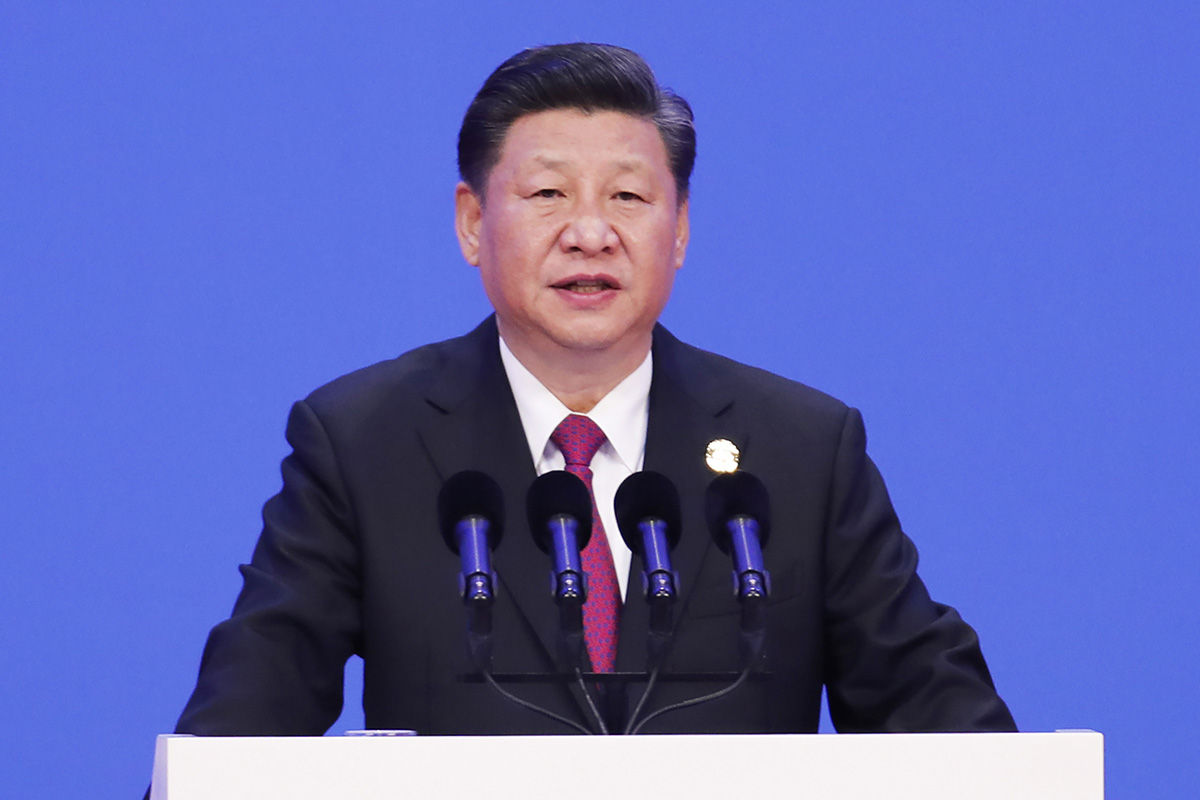“I want to clearly tell everyone that China’s open doors will not close, but will only open wider,” China’s President, Xi Jinping proclaimed to rousing applause from attendees at the Boao Forum for Asia in China’s Hainan province last Tuesday.
The Boao Forum, which also goes by the sobriquet, “The Davos of Asia” was attended by foreign heads of governments and industry movers and shakers from the world over, mostly from the Asian region. In his speech this time around, Xi pledged for greater openness of China’s economy and including the lowering of tariffs, especially for the auto industry, and the enforcing of intellectual property laws for foreign firms doing business within China’s borders.
Xi’s speech comes at a pivotal point in China’s economic history. It has been 40 years since Deng Xiaoping opened the country’s economy. His slew of economic reforms was initiated on the backbone of his motto “hide your strength, bide your time.” China in its immediate years after opening up was still backward but its true strength was in its numbers. It would take the blood, sweat and toil of two generations of Chinese, over a hundred million people, to lift the nation out of it dire economic conditions.
Today, China is a formidable economic powerhouse, the largest trading nation in the world. The time for hiding its strength and biding its time is almost over. According to projections by Bloomberg, China is set to overtake the US in terms of Gross Domestic Product (GDP) by 2028 and is on track to be larger than the economies of the European Union (EU) by this year.
Xi, more than any other president the country has ever had, realises that China is no longer secondary player on the world stage. If anything, given US President Donald Trump’s penchant for economic protectionism and a tendency for brash action primarily by thumbing away petty promulgations on Twitter, now is the time for China to get its act together on the international fora.
This is the time for Xi, the pragmatic statesman to make an appearance. Listening to his speech during the Boao Forum, it seems like he has taken the hint. His tone marked a striking assent to a moral high ground. In short, his expression of restrained shock towards threats targeted at global trade scored him easy brownie points against Trump’s opposing narrative.

However, the double-edged sword to that was the perception that Xi’s speech could have been a peace offering made to Trump to defuse the threat of a looming trade war. Ever the strongman, Xi’s state media machinery moved to dilute such “reckless ignorance” and reiterate that the President’s words were said out of China’s own accord, for prosperity of itself and the world.
Nevertheless, talk is cheap. Americans and Europeans have valid reason to fear that such big proclamations will not be undergirded by adequate actions. Many planned measures that China’s officials have announced in the past have gone unfulfilled. The “promise fatigue” as aptly put by the EU Chamber of Commerce in China last year, has led to the exasperation of Washington which is currently engaging in a trade spat with Beijing. In order to do negate such sentiments, Xi must keep to his promises, there’s no two ways about it.
After all, China has huge plans as proven via its ambitious multi trillion-dollar Belt and Road Initiative (BRI). The impact that it has on the Southeast Asian region is both, economical and political. Chinese state-owned enterprises and banks have been heavily bankrolling BRI projects in Malaysia, Lao PDR, Cambodia and Brunei which is set to spur economic growth in these countries as well as alleviate China’s overcapacity.
Investments in the BRI is also said to help improve relevant domestic industries in BRI countries so that they would export more to China. The unwritten rule of being a true engine of global growth, is that a country should be a net purchaser rather than a net seller of global products. Coupled with planned liberalisation and expansion of its services sector, China is well on its way to becoming the dominant economic power in the Asian region.
Xi’s speech in Hainan is not the start but is evidence of continuity. China is eager to prove that it is truly capable of global leadership. Whether or not the finality of his agenda is the heralding of an era of Pax Sinica, there will definitely be more instances like this to come.
